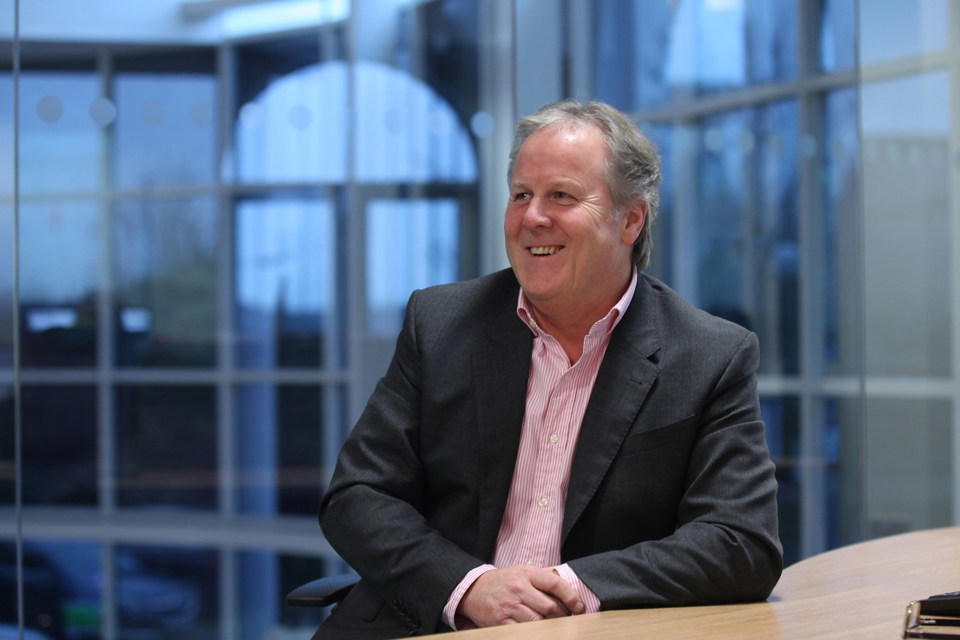Grosvenor Leasing has reduced the CO2 emissions across its vehicle fleet by 25% in 8 years.
Now with vehicles averaging 108g/km it places the contract hire and fleet management specialist ahead of the national average of 120.1g/km, based on recent SMMT figures.
The news comes shortly after Grosvenor Leasing’s launch of its new Ozone initiative - a service to advise, help and support companies through the transition of becoming a zero or low emission fleet.
“We aim to lead the way in championing the move towards greener fleets,” said Shaun Barritt (pictured), Grosvenor Group CEO, “and this strong reduction in our CO2 emissions is testimony to our commitment so far.
“With so many low emission, ultra-low emission and electric vehicles available, there is no reason why companies cannot easily drive down their average CO2 output, and we are helping many clients do just that by re-designing vehicle choice lists and ensuring drivers do not opt for vehicles that will be costly both environmentally and financially in the coming years.
“As well as offering clients support in the development of a low emission vehicle policy, our Ozone service also advises on the steps required to move smoothly through the evolution towards Electric Vehicles and Ultra Low Emission Vehicles and, subject to availability, assistance with plug-in and hybrid demonstration vehicles.”
Mark Gallagher, Grosvenor Leasing’s green fleet specialist, added: “The pace at which all fleets will shift towards ultra-low emission and electric vehicles is going to quicken dramatically in the coming years, which is why it’s important to start making plans now.
“The vehicle manufacturers have a target by 2021, which is only four years away, to be achieving 95g/km for the cars that they produce and this is being phased in from 2020. This isn’t going to be achieved through traditional internal combustion engine cars, resulting in a very dramatic push in the coming years towards ULEVs and EVs.
“The message is therefore very simple. If you think the change in the types of cars we all operate is in the far distance, please think again as it’s almost upon us and will become increasingly expensive for the companies that fail to embrace it.”

















Login to comment
Comments
No comments have been made yet.